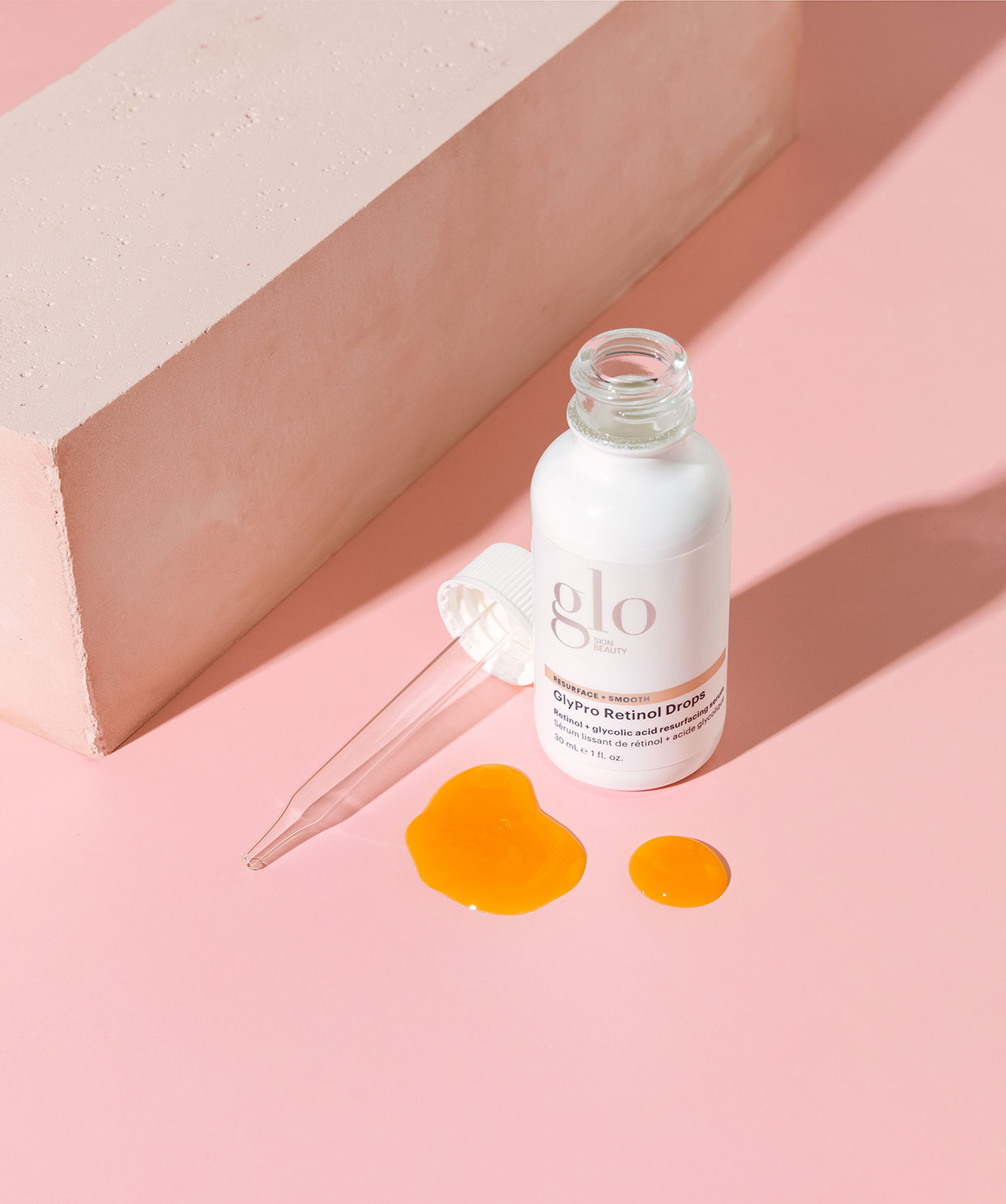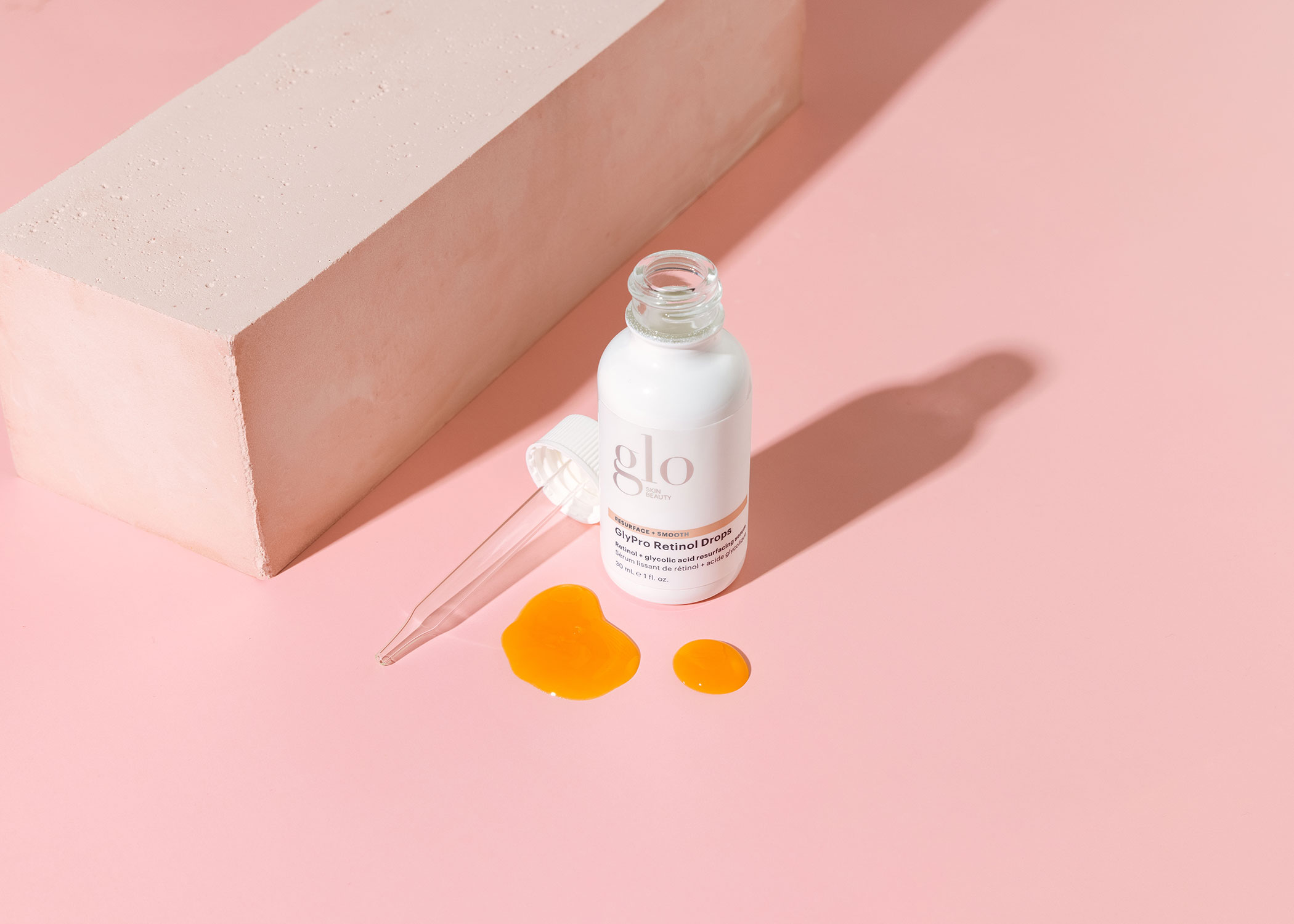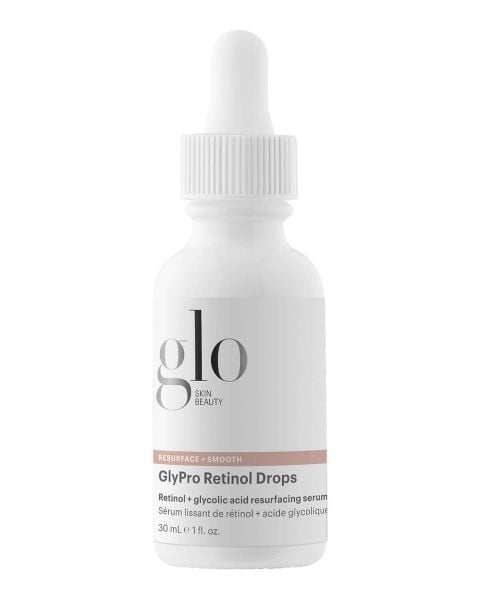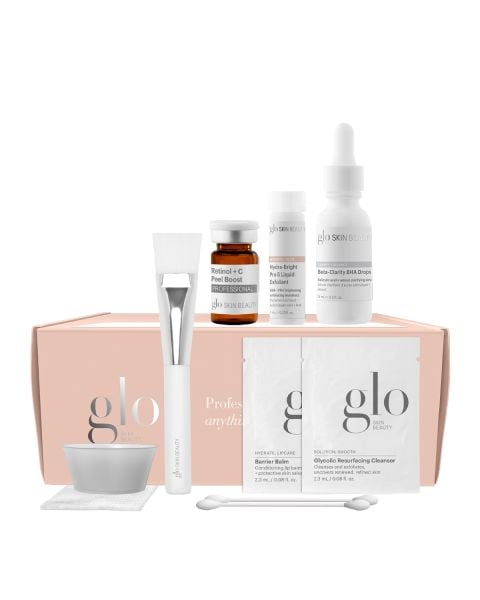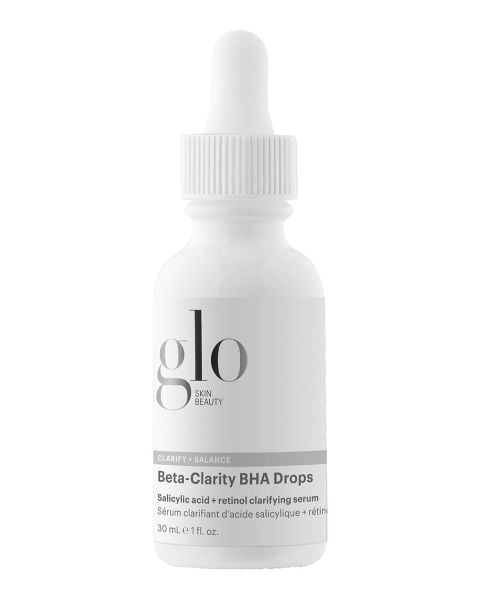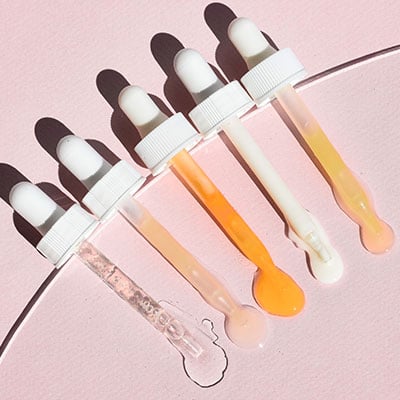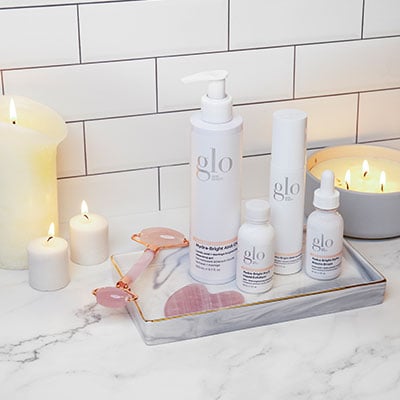Frequently Asked Questions About Retinol
Are Retinol Products OK to Use Daily?
Retinol for skin is good to use every night, provided you have retinized your skin. This means you’ve built up a tolerance through consistent usage going low and slow over time, helping your skin adjust to retinol usage. As retinol is a very active and highly effective ingredient if you do start to feel your skin becoming dry, dehydrated, or irritated, try returning to using it every other night or a few nights per week, alternating with a gentle skincare regimen (a technique known as skin cycling).
Do Dermatologists Recommend Retinol?
As a highly studied and efficacious ingredient that’s been used in skincare for many years with excellent results, many dermatologists will recommend retinol to their clients. What may differ in a dermatologist’s retinol recommendations is the strength of the retinol, depending on the skin concern and skin type of the client. There is also professional retinol usage via in-office chemical peels and other treatments.
At What Age Should I Start Using Retinol?
The sooner you can start using retinol, the better. Your 20s are a great time to start using preventative skincare products like retinol, but you can start adding retinol and benefiting from it at any age.
Who Shouldn't Use Retinol Products?
If you have sensitive skin, rosacea, and/or eczema, proceed with retinol usage cautiously. Take the low and slow method, adding it in slowly at low strength. You could even try the sandwich technique adding it between layers of moisturizer or adding a few drops of a retinol serum to your moisturizer. Avoid retinol if you are pregnant or breastfeeding, but you can try phyto-retinol or bakuchiol as an alternative. As retinol can make skin photo-sensitive only use retinol skincare at night. Always use SPF during the day.
What are the Pros and Cons of using Products with Retinol?
Retinol has many benefits, that’s why it’s such a hero skincare ingredient. It’s known for its anti-aging benefits, smoothing texture and tone, reducing the appearance of fine lines and wrinkles, but it also can help with breakouts and sun damage. Because it’s such an active ingredient, the main downside of retinol is that it may cause skin sensitivity, irritation, or dryness if you haven’t built up your tolerance to it or you’re overdoing the usage. It also makes skin more photo-sensitive which can lead to damage so it’s always advised to use retinol at night only. It’s also not recommended for use during pregnancy or when breastfeeding.
How Do You Know if Retinol is Working?
You may start to see improvements in your skin’s texture and tone, feeling and looking smoother, brighter, and more even. It’s not an overnight process, however. It can take anything between 30-60 days to start to see improvements so make sure you give it plenty of time to get to work and always make sure to build in time to gradually increase retinol usage so your skin has time to adjust.


